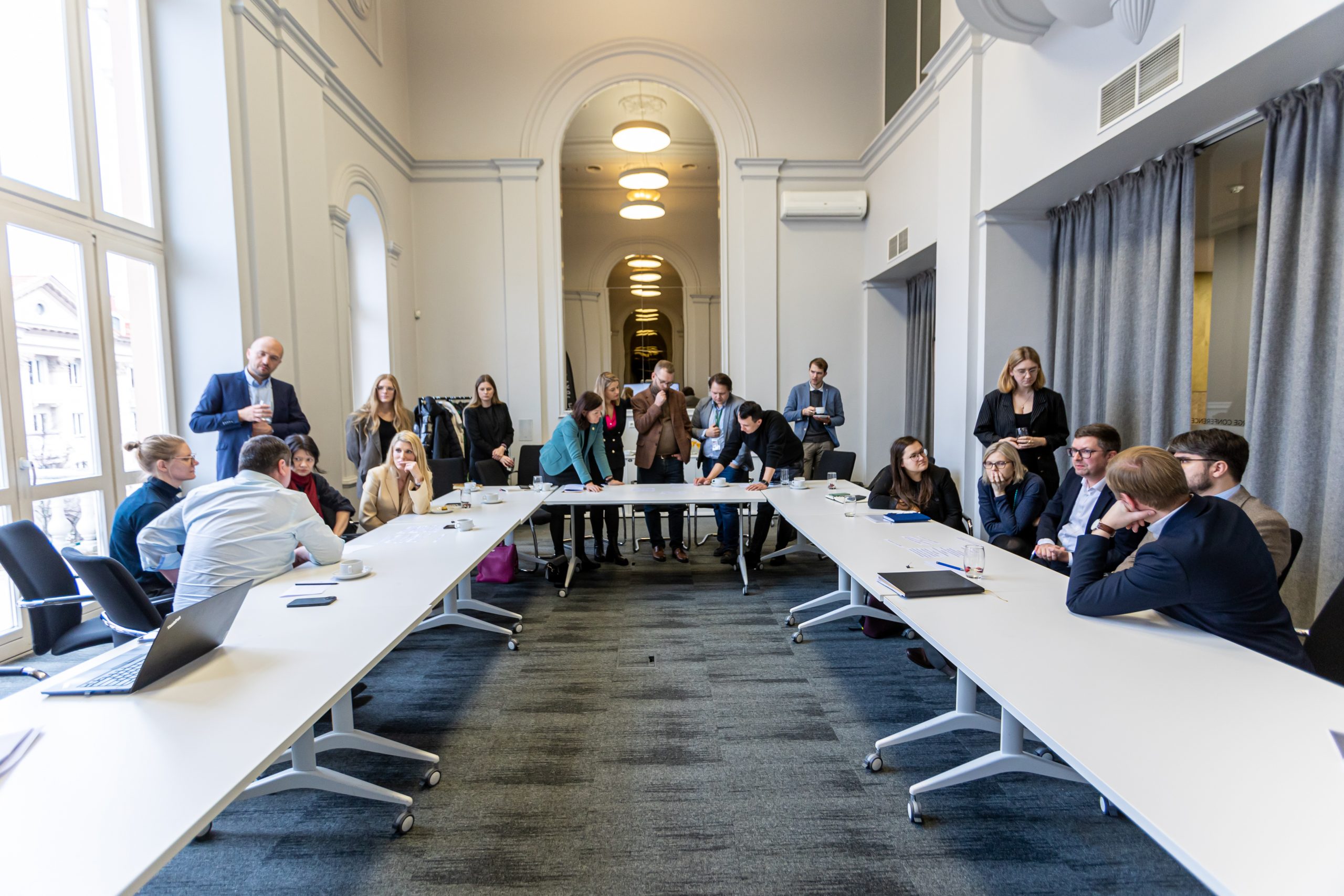Political Integrity
In this section you will find our research, reviews, and initiatives on the following topics: electoral transparency, municipal transparency, adjustment of interests, etc.

What's new?
Our Initiatives
According to the LR Law on the Adjustment of Public and Private Interests, a conflict of interest is a situation when the declaring person, while carrying out official duties or an official task, must decide or participate in the decision or carry out a delegation which is related to their private interests.
According to 2022/2023 Map of corruption in Lithuania, nepotism and favouring political party members were noted as the most pressing forms of corruption. Most of the residents who were surveyed (65%) noted that nepotism is widespread in Lithuania, while most company executives (55%) commonly noted patronage of political party members.
Interest adjustment is imperative in municipal governance, which, according to various evaluations, has a high risk of nepotism: the favouring of relatives or friends. For example, in 2019 Special Investigations Service of the Republic of Lithuania conducted an analysis on nepotism risks of all 246 municipality owned enterprises, which showed that, on average, relatives of such companies make up 19% of all employees, while in different companies the proportion of relatives employed can be as high as 50%.
Additionally, conflicts of interest can develop because of existing connections to political parties. For example, our analyses of state and municipality-owned enterprises showed that in 2017, 4 out of the 10 largest state-owned (SOE) and municipality-owned (MOE) enterprise executives were affiliated with parties: most commonly with social democrats, liberals, and conservatives. For comparison, in 2019 4 out of 10 municipality (MOE) and 1 in 10 government-owned (SOE) enterprise executives were affiliated with political parties, while in 2022 nearly half of all municipality-owned enterprise executives had affiliations with political parties or organisations.
ManoValsybe.info – In this site we provide data about municipality (MOE) and government (SOE) owned company executive changes and affiliations to political parties or organisations since 1990.
- “Interests in government and municipality-owned companies – how to control them?” 2018 (in Lithuanian), press release in English.
- “TI Lithuania suggestions and notes on the Government of the Republic of Lithuania decision on 2022-2033 national plan of action on the question of corruption prevention implementation 2022-2025 plan confirmation project”, 2022 (in Lithuanian).
- “TI Lithuania suggestions on 2022-2033 National plan of action on the question of corruption prevention”, 2022 (in Lithuanian).
- “TI Lithuania suggestions on corruption resistance level determination methodology”, 2022 (in Lithuanian).
- “TI Lithuania suggestions on 2022-2033 National plan of action on the question of corruption prevention”, 2021 (in Lithuanian).
- “TI Lithuania suggestions on the Corruption prevention legislation (new edition) project and other proposed connected legislation projects”, 2020 (in Lithuanian).
- More information on the risk management for conflicts of interest can be found on the website of the Chief Official Ethics Commission vtek.lt
- More information about good practice for controlling SOE and MOE can be found at Government Coordination Centre www.governance.lt
Otas
Our interactive transparency search system. Search for information about persons of interest, institutions, legislative acts, etc.



